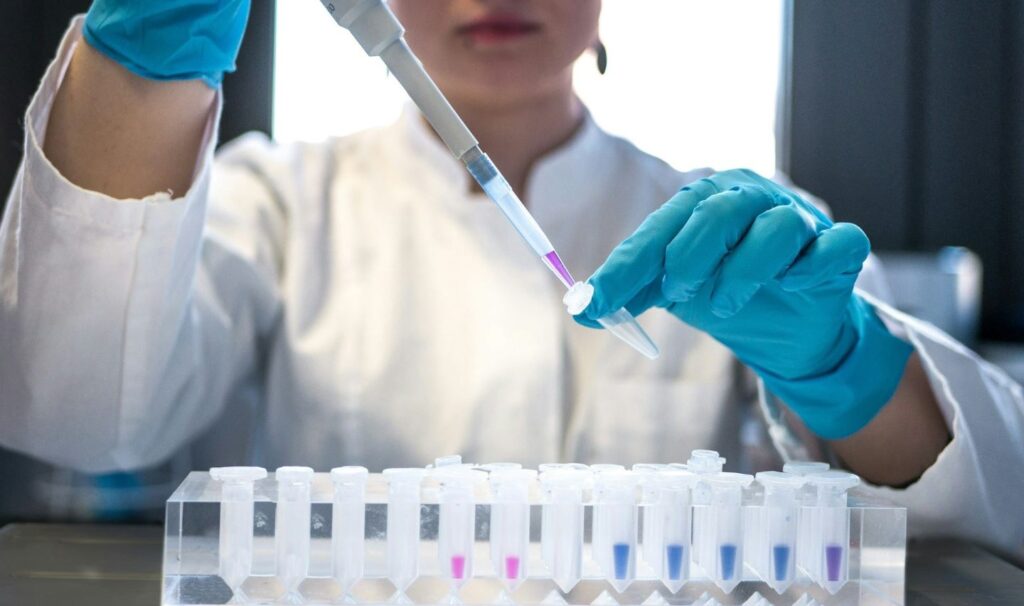The US Food and Drug Administration (FDA) has granted orphan drug designation to SN Bioscience's SNB-101, a polymer nanoparticle anticancer drug to potentially treat pancreatic cancer.

The ODD designation is based on pre-clinical findings of the drug in treating pancreatic cancer. Credit: Julia Koblitz on Unsplash.
Subscribe to our email newsletter
This development is based on pre-clinical findings of the drug in treating pancreatic cancer, a condition with a notably low five-year survival rate and limited treatment options.
SNB-101 is the first nanoparticle anticancer drug developed from the highly insoluble SN-38 into polymer nanoparticles.
It has demonstrated significant improvements in drug resistance and safety compared to current irinotecan products.
Animal studies suggest its effectiveness against lung, pancreatic, and stomach cancers, which were not previously indicated.
The drug received approval for Phase I clinical trials in the US and Korea.
SN Bioscience plans to submit investigational new drug (IND) applications for Phase II clinical trials in the US and Europe later this year.
Earlier, the company reported that SNB-101 demonstrated efficacy in pancreatic cancer animal models versus the first-line therapies namely, Abraxane and Onivyde.
Based on this data, the asset was designated orphan drug status by the US regulator in November last year.
The ODD status offers multiple benefits to drug developers, including exclusive marketing rights for seven years following approval, tax credits for research and development costs, trial design assistance, exemption from review application fees, and priority review support.
In addition to pancreatic cancer, SNB-101 received ODD from the US FDA for small cell lung cancer last July.
With this new designation for pancreatic cancer, SN Bioscience anticipates accelerated clinical development and expanded indications for SNB-101.
SN Bioscience also received Phase II approval in Korea for SNB-101 in November last year and is gearing up for Phase II trials in the US and Europe in the latter half of this year.
 Advertise With UsAdvertise on our extensive network of industry websites and newsletters.
Advertise With UsAdvertise on our extensive network of industry websites and newsletters.
 Get the PBR newsletterSign up to our free email to get all the latest PBR
news.
Get the PBR newsletterSign up to our free email to get all the latest PBR
news.

